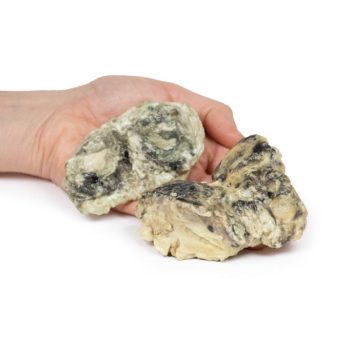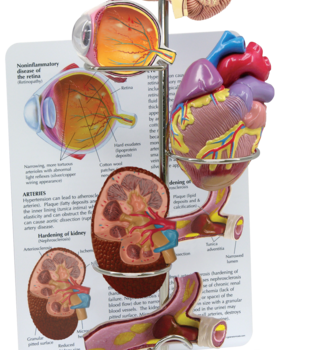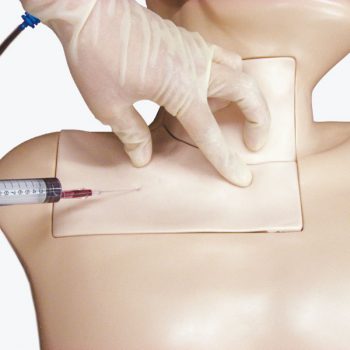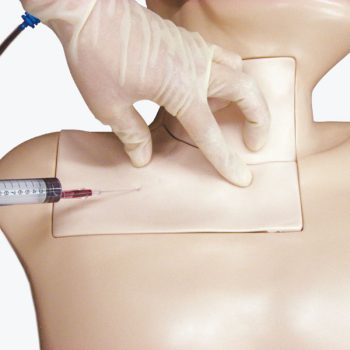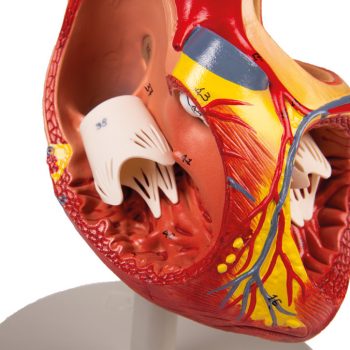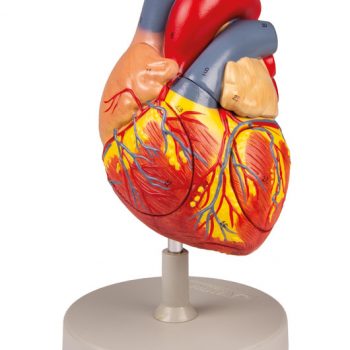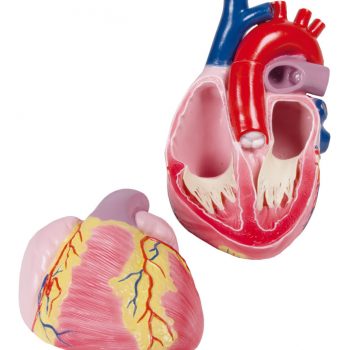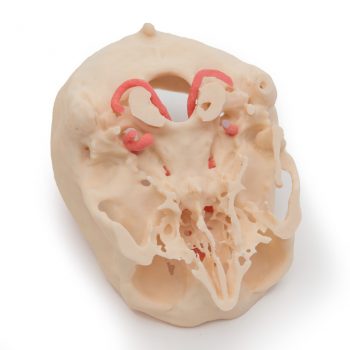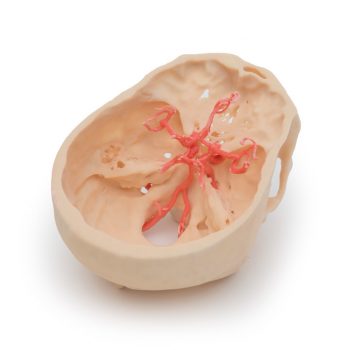Product information “Suppurative arthritis of the knee”
Clinical History
A man aged 82 years had a history of tuberculosis of the left knee in childhood. He developed a painful swollen knee 10 days prior to admission to hospital. Examination revealed an inflamed knee, painful to move, which improved slightly with antibiotic therapy and rest. X-ray showed a disorganized knee joint and mid-thigh amputation was performed 3 days after admission. Post-operative recovery was satisfactory.
Pathology
The specimen displays the articular surfaces of a femur and tibia. The articular surfaces have been severely eroded. They are brown in colour, very irregular, and there are shaggy adhesions and plaques of yellow necrotic material. No normal articular cartilage is present. Some irregular varying in size bony projections (up to 1 cm in diameter) are present on the femoral condyles. Staphylococcus aureus was cultured from the joint. This is an example of suppurative arthritis in a joint previously damaged by tuberculosis.
Further Information
Suppurative arthritis is typically caused by a bacterial infection in the joint. Diagnosis is made by analysis of synovial fluid including microscopic examination and culture. Suppurative arthritis is also referred to as pyarthrosis, and bacterial or septic arthritis. Tuberculous septic arthritis should be considered in patients who present with acute or chronic monoarthritis, and who have an abnormal chest radiograph or eosinophilia or a previous history of TB.
Pulmonary tuberculosis accounts for around 52% of tubercular infection but musculoskeletal involvement is seen in up to 19% of cases.1 It is more common in children than in adults, probably owing to the greater amount of bone marrow present in immature bone. In adults, TB shows a preponderence to the spine (40%), followed by the hip (25%), and then the knee (8%).While extrapulmonary manifestations of TB are common, accounting for around 15–20% of cases in immunocompetent patients, the first presentation of the disease as a joint infection is rare[1].


